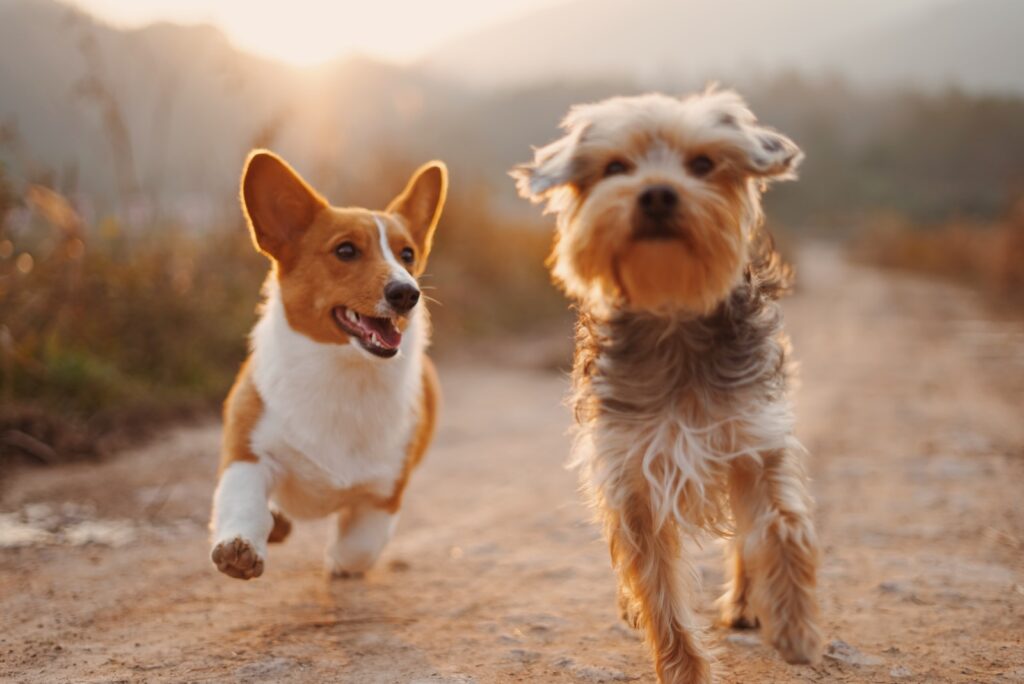Can Dogs Eat Bologna? — Yes, They Can
Dogs can eat bologna, but it should be given in moderation and with caution. While it is generally safe for dogs to consume bologna, there are a few things to consider before including it in their diet.
Can Puppies Eat Bologna?
Puppies should not be fed bologna on a regular basis. Their digestive systems are still developing, and certain ingredients in bologna, such as preservatives and sodium, can be harmful to their health. It is best to wait until they are older and have a more robust digestive system before introducing bologna into their diet.
Things to consider when feeding bologna to puppies?
When puppies are introduced to new foods, it is important to monitor their reaction. Start by offering a small piece of bologna and observe any changes in their behavior or digestion. If there are no adverse effects, you can gradually increase the amount over time, always making sure it is given as an occasional treat rather than a regular part of their diet.
Nutritional Benefits of Bologna for Dogs — Why Bologna is Good for Dogs?
1. Protein
Bologna contains protein, which is essential for the growth and development of dogs. Protein helps to build and repair tissues, supports a healthy immune system, and provides energy.
2. Vitamins and Minerals
Bologna may contain some vitamins and minerals, depending on the brand. However, the nutrient content in bologna is generally limited compared to other, healthier food options for dogs.
3. Palatability
Bologna is often considered tasty and appealing to dogs, which can make it a useful tool for training or as an occasional treat.
Potential Allergies: Can Dogs Be Allergic to Bologna?
While it is uncommon for dogs to be allergic specifically to bologna, they can be allergic to certain ingredients found in bologna such as beef, pork, or additives like preservatives and artificial flavors. It is important to monitor your dog for any signs of allergies when introducing new foods.
Symptoms of Bologna Allergies in Dogs
- Bloating and gas
- Vomiting and diarrhea
- Skin irritations, such as itching or rashes
What to Do If Your Dog Shows Symptoms?
- If you suspect your dog is allergic to bologna or is experiencing any adverse reactions, consult with your veterinarian for advice and guidance.
- Avoid feeding bologna to your dog in the future if they have shown signs of allergies or sensitivities.
- If your dog’s symptoms are severe, your veterinarian may recommend allergy testing or a specialized diet.
Recommended Amount: How Much Bologna Can a Dog Consume?
Bologna should only be given to dogs in small quantities as an occasional treat. It is high in sodium and fat, which can lead to health issues such as obesity or digestive upset if consumed in excess.
Things to Consider When Feeding Bologna to Dogs
When offering bologna to your dog, it is important to remove the casing or any additional spices or seasonings. Opt for low-sodium varieties if available, and always keep the portion size small to prevent overindulgence.
How to Feed Bologna to Dogs: A Quick Guide
Before feeding bologna to your dog, consult with your veterinarian to ensure it is appropriate for their specific dietary needs. Here is a simple guide:
Bologna Treats
Cut the bologna into small, bite-sized pieces. Use them as rewards during training sessions or as occasional treats to show your dog some extra love.
Conclusion
While dogs can eat bologna, it should only be given as an occasional treat and in moderation. It is important to pay attention to the ingredients, limit the portion size, and monitor your dog for any adverse reactions. Remember, a well-balanced and nutritious diet consisting of high-quality dog food should always be the primary source of nutrition for your furry friend.






